
The Minister for Foreign Affairs and Regional Integration, Shirley Ayorkor Botchwey, has described the 2023 United Nations (UN) Ministerial Meeting to be held in Accra as an opportunity to explore ways through which member-states can generate specialised capabilities.
She made this known while speaking at a press conference held in New York detailing the nitty-gritties and focus of the meeting, together with the Secretary-General for Peace Operations, Jean-Pierre Lacroix, and other senior UN officials.
“Specifically, the meeting will provide an opportunity to explore ways by which member-states can generate high-performing and specialised capabilities and other pledges that meet UN needs, as well as new or expanded sustainable capacity building, training and equipment partnerships in key areas,” she explained.
Mrs. Botchwey mentioned that the ministerial meeting will be centred on five themes including: protection of civilians; strategic communications (including misinformation, disinformation, and hate speech); safety and security; the mental health of peacekeepers; and women in peacekeeping.
The meeting is scheduled to take place on December 5 to 6, 2023 in Accra, and marks the fifth edition and first of its kind on the continent of Africa.
Emphasising the venue’s significance for this year’s UN ministerial meeting, Mr. Lacroix described it as an important signal due to the presence of many peacekeeping operations on the continent of Africa, in terms of the important contributions that many African countries make; and very importantly, what the host country is bringing to peacekeeping.
Additionally, he mentioned that the meeting seeks to discuss and address key challenges faced by peacekeeping operations such divisions across member-states and other challenges resulting from the evolution of conflicts and impact from negative use of digital technology.
“The biggest challenges of all are the divisions across our member-states and the fact these divisions create a different political environment wherein those peacekeeping operations have less political support; and more importantly, the political processes associated with each and every one of these missions are being less supported – and certainly less unanimously supported,” he stated.
While Mr. Lacroix and other senior UN officials expressed their appreciation to government and the Ministry of Foreign Affairs, he added that: “The meeting will not only continue but reinforce the very good partnership that the UN has with member-states in doing their best to address the challenges UN peacekeeping operations face”.
Focusing on women in peacekeeping as one of the meeting’s themes, Catherine Pollard, Under-Secretary-General for management strategy, policy and compliance, said the UN welcomes the subject as a means of enhancing women’s participation in UN peacekeeping, and therefore expects member-states to make significant pledges in this area.
On his part, Under-Secretary-General for Operational Support, Atul Khare, expressed hope that environmental management will receive increased attention at the ministerial meeting, adding that several efforts are ongoing to deploy renewable energy systems and reduce water consumption, among others.
FIN
The post UN ministerial meeting to generate specialised competencies for member-states appeared first on The Business & Financial Times.
Read Full Story
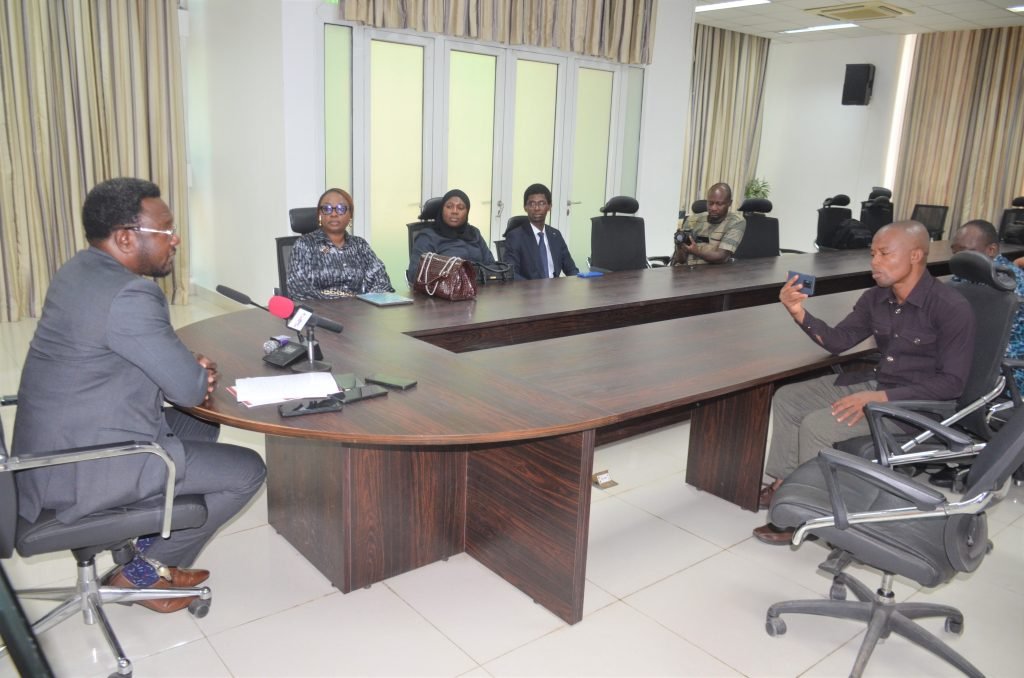
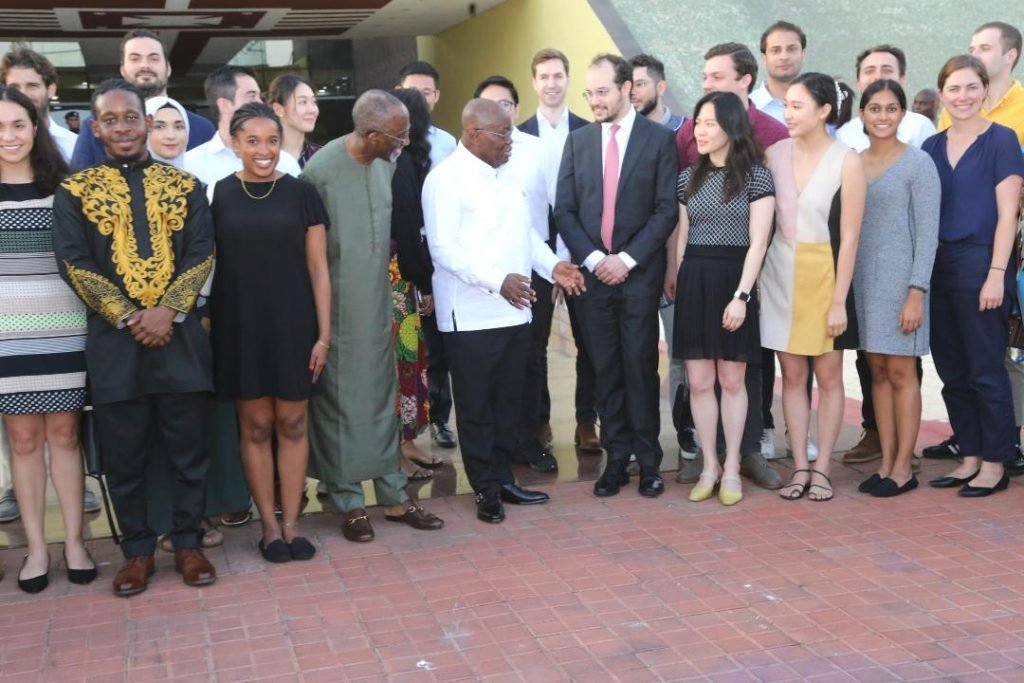
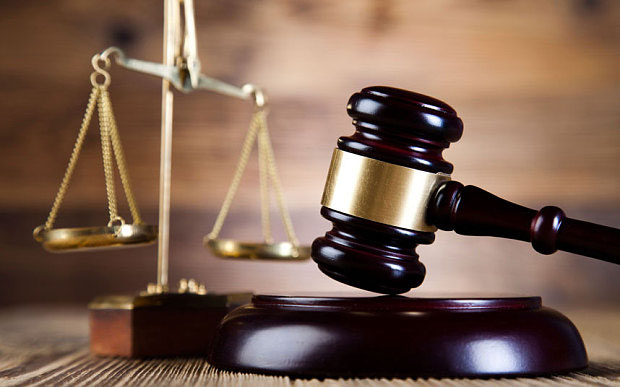
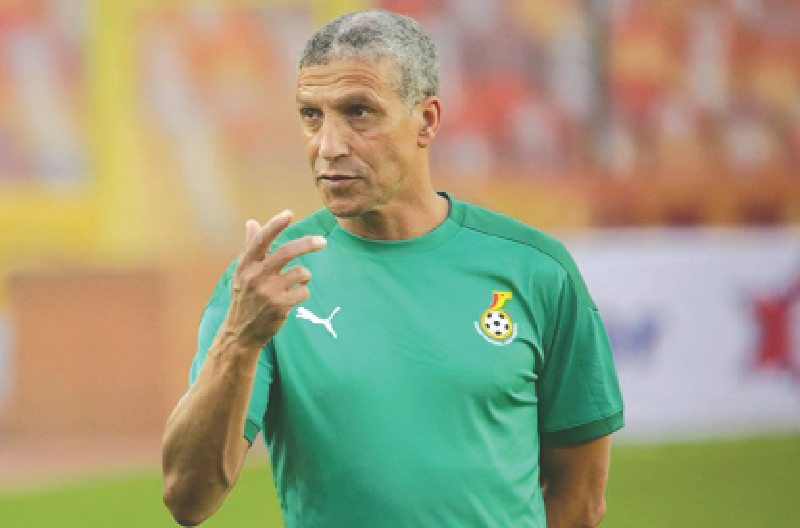
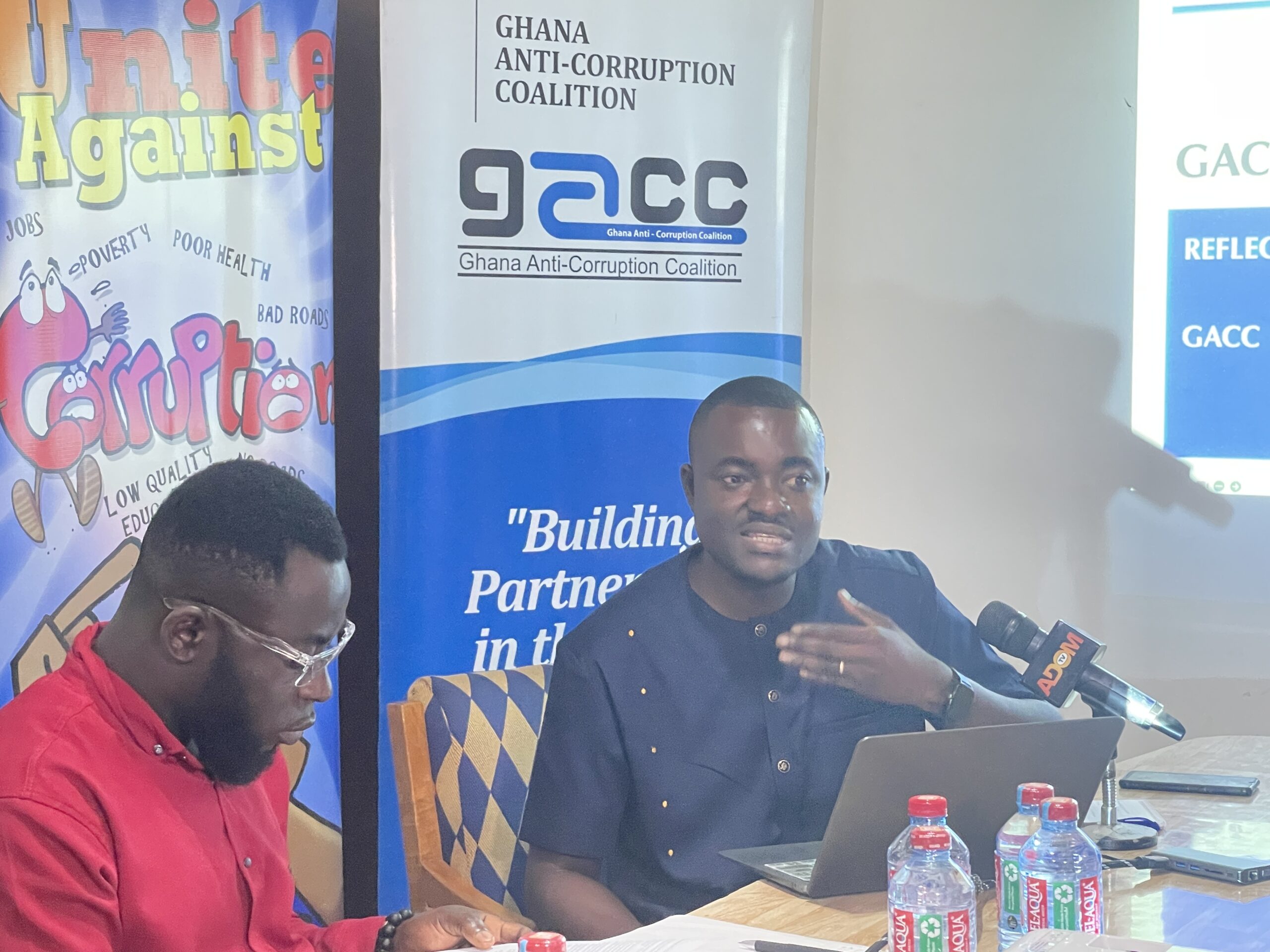







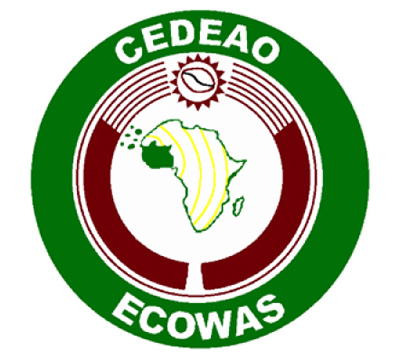
Facebook
Twitter
Pinterest
Instagram
Google+
YouTube
LinkedIn
RSS